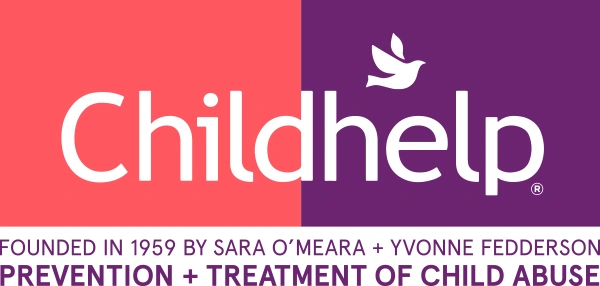Bullying is the repeated, targeted, aggressive behavior, that uses force, threats, teasing, and/or embarrassment to hurt children who are younger or smaller, or over whom they have power.
Cyberbullying is the repeated, targeted, aggressive behavior that takes place online, or on digital devices through email, chat, text, and includes sending, posting, or sharing hurtful or embarrassing information or images to exclude and shame the targeted person.
One out of every five (20.2%) students reports being bullied.
Bullying
Bullying can include:
- Verbal bullying, like teasing and name-calling
- Social bullying, involving shutting a child out of a group, spreading rumors, and embarrassing them in public
- Physical bullying, like kicking, hitting, tripping, and pushing
Signs that someone is a bully:
- Often fights, physically or verbally
- Blames others for their problems
- Can be aggressive, gets into trouble at school
- Part of a clique that looks down on others
- Concerned about status and reputation
- Has unexplained new possessions or extra money
Physical signs that a child is being bullied:
- Unexplainable injuries
- Lost or damaged clothing and possessions
- Coming home hungry because they did not eat lunch
Behavioral signs that a child is being bullied:
- Complaining often of illness and wanting to stay home from school
- Having trouble sleeping or frequent nightmares
- Declining grades, loss of interest in schoolwork, or not wanting to go to school
- Sudden loss of friends or avoidance of social situations
- Feelings of helplessness or decreased self esteem
- Self-destructive behaviors such as running away from home, harming themselves, or talking about suicide
Cyberbullying
Cyberbullying can include:
- Posting comments or rumors online about a person that are mean or hurtful
- Sharing or posting embarrassing or upsetting pictures or videos
- Telling a person to commit suicide
- Threatening someone over text or online
- Sharing someone’s private information, typically as revenge for a perceived wrong
- Ruining a person’s reputation by adopting their identity and posting negative content as them
- Deliberately and publicly excluding a person
Signs that someone is a cyberbully:
- Many signs of being a bully apply, in addition to points below
- Avoids talking about online and digital activities, or boasts about online presence
- Has multiple online accounts and is evasive about them
- Shuts down programs or turns off screen when someone approaches
- Is online or uses digital devices excessively, and becomes upset when denied access
Signs that a child is being cyberbullied:
- Nervous, upset, or frustrated when texting or going online
- Reluctant to talk about online activity or accounts
- Hesitant to use computers, tablets, or smartphones
- Signs of depression and low self-worth
- Many of the same signs as bullying in the physical world, such as loss of friends, frequent illness, trouble sleeping, and so on
